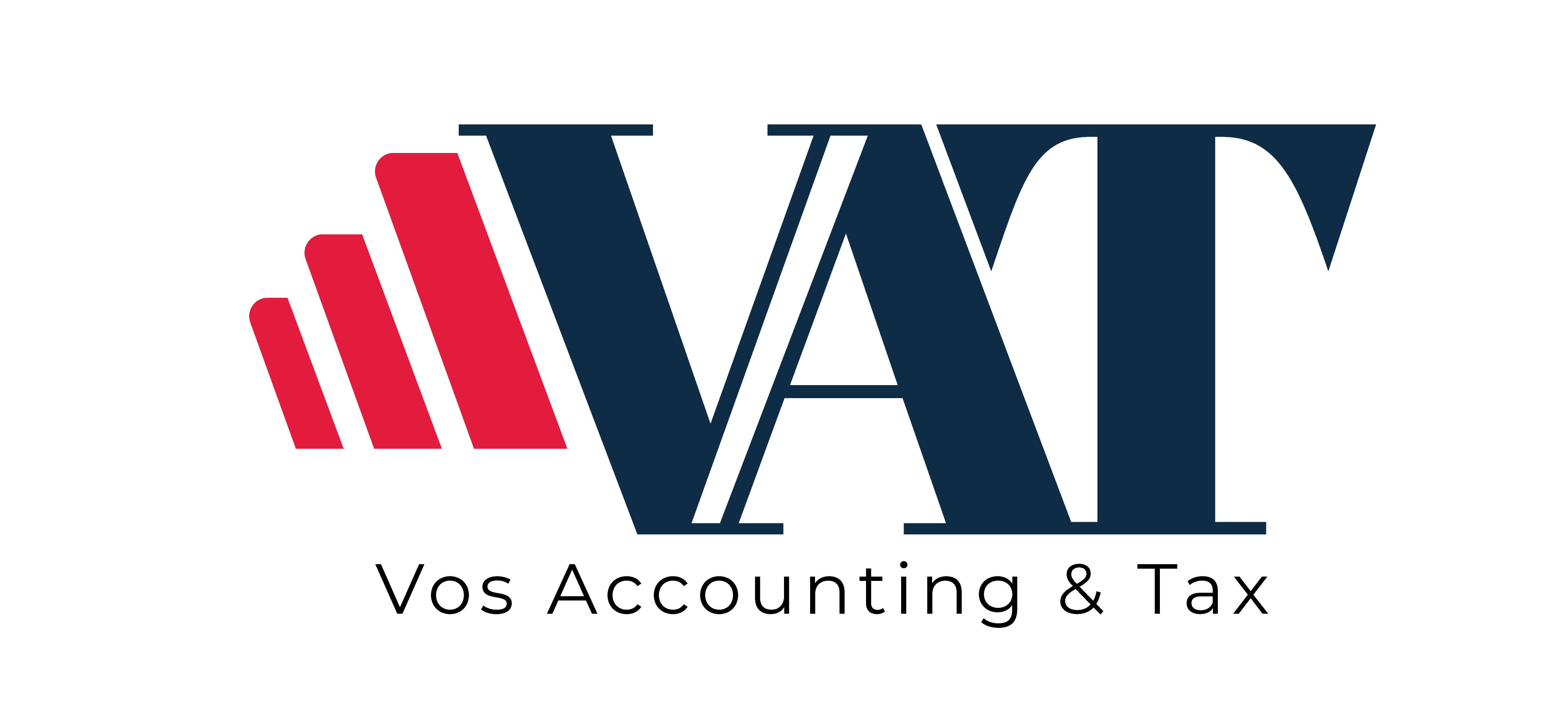
When starting a business in South Africa, one crucial decision entrepreneurs must make is choosing the right legal structure. Two popular options are the sole proprietorship and the company. Each structure comes with its own set of tax benefits and disadvantages, which can significantly impact the financial success of a business. In this blog post, we will explore the differences in tax implications for sole proprietors and companies in South Africa, helping entrepreneurs make informed decisions.
A sole proprietorship is the simplest form of business registration in South Africa. As a sole proprietor, you own and manage your business as an individual, with no legal distinction between you and your company. This means that you are personally liable for all debts and obligations of the business, and all profits and losses are yours alone.
A company is a separate legal entity from its owners. As a company owner, you are a shareholder, and the company is managed by a board of directors. The company is responsible for its debts and liabilities, and shareholders are not personally liable.
You are liable to pay income tax if you earn more than:
A tax table is a chart that displays the amount of tax due based on income received. The tax rate in the relevant tables may be shown as an amount, a percentage rate, or a combination of both.
Tax Table 2023/2024
Taxable Income (R) | Rate of Tax (R) |
1 – 237 000 | 18% of taxable income |
237 101 – 370 500 | 42 678 + 26% of taxable income above 237 100 |
370 501 – 512 800 | 77 362 + 31% of taxable income above 370 500 |
512 801 – 673 000 | 121 475 + 36% of taxable income above 512 800 |
673 001 – 857 900 | 179 147 + 39% of taxable income above 673 000 |
857 901 – 1 817 000 | 251 258 + 41% of taxable income above 857 900 |
1 817 001 and above | 644 489 + 45% of taxable income above 1 817 000 |
The higher your taxable income, the more tax you are due to pay. Your taxable income is your profit from your business less any taxable deductions that are awarded to you as a Sole Trader.
In some instances, where your taxable income is below a certain level according to your age group, you will not pay any taxes. These are the thresholds below:
Age | Tax Threshold |
Below age 65 | R95 750 |
Age 65 to below 75 | R148 217 |
Age 75 and older | R165 689 |
All registered companies are required to pay a tax rate of 27% of taxable income.
On the other hand, A small business corporation is taxed differently and there are major tax benefits for companies that qualify. However, there are strict rules which need to be met before an entity can qualify as a Small Business Corporation. Here are the requirements:
Taxable Income (R) | Rate of Tax (R) |
1 – 95 750 | 0% of taxable income |
95 751 – 365 000 | 7% of taxable income above 95 750 |
365 001 – 550 000 | 18 848 + 21% of taxable income above 365 000 |
550 001 and above | 57 698 + 27% of the amount above 550 000 |
For companies, close corporations, personal liability companies and those which qualify as a Small Business Corporation, your Net Profit on which your tax is payable is your total taxable income (excluding any capital proceeds) less any qualified deductions and special allowances.
Once you come to your Net Taxable Income, you will then pay your taxes based on that taxable income.
SOURCE: South African Revenue Service
Navigating the complexities of business taxation in South Africa can be challenging. Whether you opt for a sole proprietorship or a company structure, seeking professional assistance can ensure compliance and help you optimize your tax position.
At Vos Accounting & Tax, we specialize in providing comprehensive tax services to businesses of all sizes. Our team of experienced professionals understands the intricacies of the South African tax system and can assist you in various areas, including tax planning, compliance, deductions, and allowances.
Book a consultation with one of our tax practitioners, who can help you make the right decision for your business. Contact us today to get a quote and take the first step towards building a successful business.
Need help with your accounting and tax?Schedule your FREE consultation with me today and get access to my Tax Season Survival Guide |
Fill in your information below:
|
